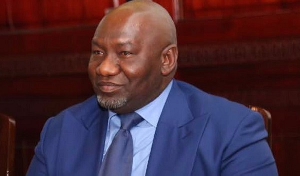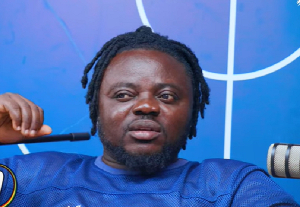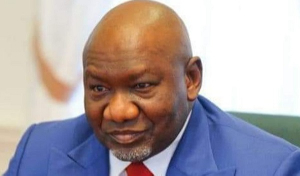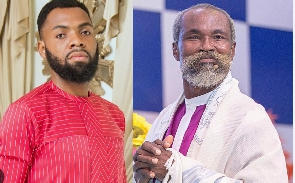The nine Justices have given their reasons why they uphold or reject the Fast Track High Court as unconstitutional, yet the nation must wait for a review. This is because some including the Attorney General think the repercussions for declaring the FTHC unconstitutional is too heavy a burden for the country to bear.
But here comes the question. What other burden is heavier than to set a precedent that could be easily exploited in future by politicians for their parochial interests, finally derailing our democratic dispensation? We must not forget that the vehicle that carries democracy is a sound and unassailable judicial system.
Now, to insist that a review is reasonable because there a slim majority decision is a dangerous judicial precedent to set. Care must be taken to note that the constitution has not clearly stated how many times we could have a review at the Supreme Court on a particular matter, and it is not likely that addition of two more justices would alter the positions of the nine. At best, this would only add more votes, maintaining the slim majority in favour of the first decision or against. If this happened, could it not give a litigant the opportunity to call for appointment of more justices and another review by virtue of the fact that there is no upper limit in the constitution for the number of Justices for the Supreme Court?
Some criticised the Chief Justice for empanelling all the Justices at first instance, whilst he should have considered the need for a review should the verdict be questioned. This suggests that a review comes as a mere after-thought, not because the decision was taken per incuriam; that the Justices, when given the second chance would have cause to reason better. Appealing to jurisprudence however, we would realise that the main reason for a review is to bring to bear on the reasoning of the house a rich resource of many and diverse legal brains. So if the CJ decided to assemble the full house at a go to look into a matter, this purpose would have been served and there would be no need for a review.
Or are we suggesting that if in this particular case, for instance, the five justices, Justice Kpegah, Justice Adzoe, Justices Bamford-Addo, Justices Adjabeng and Justices Ampiah, were the first to be assembled (as the constitution says five suffices for a Supreme Court sitting) and they unanimously returned that the FTHC is unconstitutional there would be no review? Would we not have looked into the actual reasoning behind their decisions?
Before we forget, let us hammer home one important point. The world acclaimed democracies achieved their feat because their judicial systems were allowed to pass through a lot of tests, becoming stronger with each passing buffeting legal tussle.
So if we must see decisions from our courts as worthy of justice and must regard our judicial system as capable of supporting our democracy, then we must start accepting majority views as binding just as we do when a politician is declared President on mere majority of votes.
Opinions of Monday, 1 April 2002
Columnist: Raymond Tettevi














